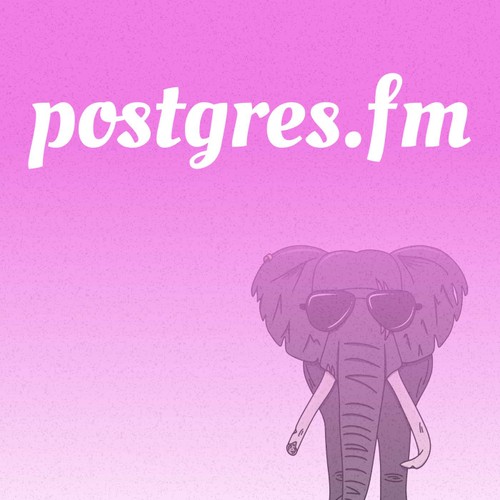
 Postgres FM
Postgres FM Contributing to Postgres
8 snips
Oct 28, 2022 Discover the myriad ways to contribute to the Postgres community, from coding to knowledge sharing. Explore the significance of non-coding contributions, including translations and content creation that enhance user experience. Learn about the critical role of documentation and the need for visual guides. Delve into exciting extensions like ZomboDB that connect Postgres with Elasticsearch. Finally, understand how community support enriches the ecosystem for both newcomers and seasoned contributors, fostering a collaborative spirit.
AI Snips
Chapters
Transcript
Episode notes
Compiling Postgres from Source
- To contribute code, learn to compile Postgres source code on your system, which is easy on Linux.
- Check out the code from GitHub/GitLab mirrors, switch to the desired branch, and compile with
configure,make, andmake install.
Using Mailing Lists and Commitfest
- Subscribe to the pgsql-hackers mailing list for Postgres development discussions.
- Use commitfest to track feature discussions and patches, offering a way to manage the process.
Reviewing Patches
- Review patches on Commitfest; it's a great way to start contributing, even without deep C knowledge.
- Apply patches to your local Postgres source code, recompile, and test the changes to provide feedback.
